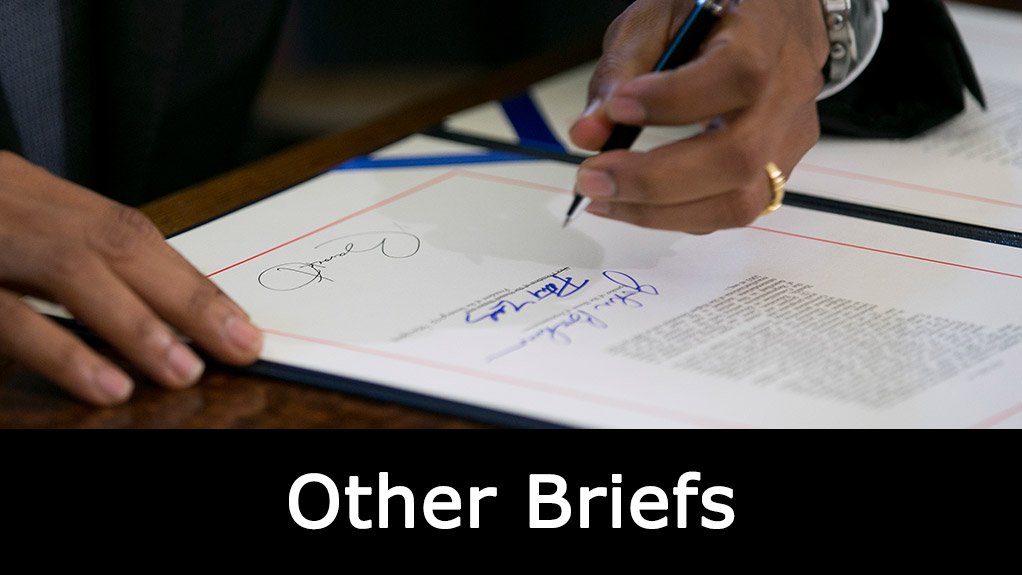The President, on 15 January 2021, assented to the Taxation Laws Amendment Act No. 23 of 2020 (“TLAA”), which was subsequently promulgated on 20 January 2021.
Despite the blow back last year on the proposed amendment to the withdrawal of retirement funding in SA based on emigration, this amendment has now been signed into law and will become effective on 1 March 2021. The consequence is that from this date retirement benefits will be locked in for a minimum period of three years.
Retirement Withdrawals Prior to 1 March 2021
The current legislation allows for a person who emigrates from South Africa and who has formalised their emigration using the “financial emigration” process to immediately upon conclusion of that process fully withdraw their retirement funds. This would include for example the withdrawal of a retirement annuity, prior to maturity of that fund.
This has been useful for many South Africans who have left or are currently leaving, as often these funds are used to set themselves up in their new home country. It also allowed for taxpayers to decide to remove their investment and invest in something more viable for their new circumstances.
South Africans who have already financially emigrated still have the opportunity to withdraw their retirement funds under the current regime. Those that have finalised financial emigration, or have their full application submitted to SARB prior to 28 February 2021, will now have the opportunity to withdraw their retirement funds under the old dispensation until 28 February 2022. Government has thus provided a one-year extension on what was previously announced, to withdraw those funds with financial emigration.
Retirement Withdrawals Post 1 March 2021
Without financial emigration, and from 1 March 2021, taxpayers will only be able to access their retirement benefits if they can prove they have been non-resident for tax purposes for an uninterrupted period of three years.
How the new system will practically work is yet to be set out, taking into consideration the policy provider’s requirements, SARS requirements, the need for documentary supporting evidence and proof of non-residency status for three consecutive years. However, what we do know is that a more stringent verification process and risk management test are in the pipelines, if the Budget Speech in February 2020 is anything to go by. So, expect a more difficult time post 1 March 2021.
The immediate downside for those that will not be able to withdraw these funds as soon as they need them, is self-evident. However, the longer-term downsides of a lock-in period, which come with far more uncertainty, need to be taken into account as well.
Factors to consider:
- The 2020 Budget Speech spoke to relaxing regulations around exchange control, which comes as a stark contrast to the legislation passed, which effectively traps retirement funds in SA. If a piece of legislation like this can be passed, seemingly out of nowhere, and with such robust argument in favour of it from National Treasury, where does this take us? There are no guarantees that Government may not decide to extend the three-year period for another three years, or perhaps indefinitely;
- Part of the ANC agenda has focused on “prescribed assets” for retirement funds – this narrative is particularly frightening if your funds are trapped in SA. Your retirement fund manager is not allowed to invest your funds as you see best for your retirement; their investment decision is subject to Regulations. If this agenda gains traction, we could potentially find ourselves forced into investments which drives other causes than your direct personal well being. Explained differently, leave your money behind in South Africa to finance Eskom or perhaps SAA;
- The ever-weakening Rand may diminish the worth of the retirement fund held in SA. Who knows what the Rand will look like in three years – or more;
- The tax rate of retirement fund withdrawals has remained stagnant at a maximum rate of 36%, while the personal income tax rate has increased to 45%. Retirement fund withdrawals are a soft target and there is risk this may increase while your fund is locked in.
In Hindsight
For many years, we have seen advisors very vocally dismissing the financial emigration process as unnecessary; advising their clients to rather use “quick and easy” solutions which often left room for risk instead of following a formal and far more prudent approach. Judge Dennis Davis, in his foreword to “Expatriate Tax”, published by LexisNexis, characterises advice to do financial emigration where an individual leaves the country with permanent intention not only as sensible, but as correct.
With the gift of hindsight, advisors who steered their clients away from financial emigration should perhaps have heeded the Judge’s words. Their clients now find themselves in a precarious position. Professionals at all levels should be held accountable for advising clients to take an approach which at the end of the day is not client-centric. The quickest solution is often not the best solution, especially in the area of tax.
Decision Time
South African taxpayers who hold retirement funds in SA but are living abroad need to carefully consider their options. Time is of the essence with little over a month to exit under the current regime. With such stark amendments, and an aggressive effort from SARS to recover revenue at all costs, leaving one’s head in the sand or adopting a wait and see approach is certainly not a smart option.
Written by Jonty Leon, Legal Manager (Expatriate Tax) at Tax Consulting SA
EMAIL THIS ARTICLE SAVE THIS ARTICLE ARTICLE ENQUIRY
To subscribe email subscriptions@creamermedia.co.za or click here
To advertise email advertising@creamermedia.co.za or click here











